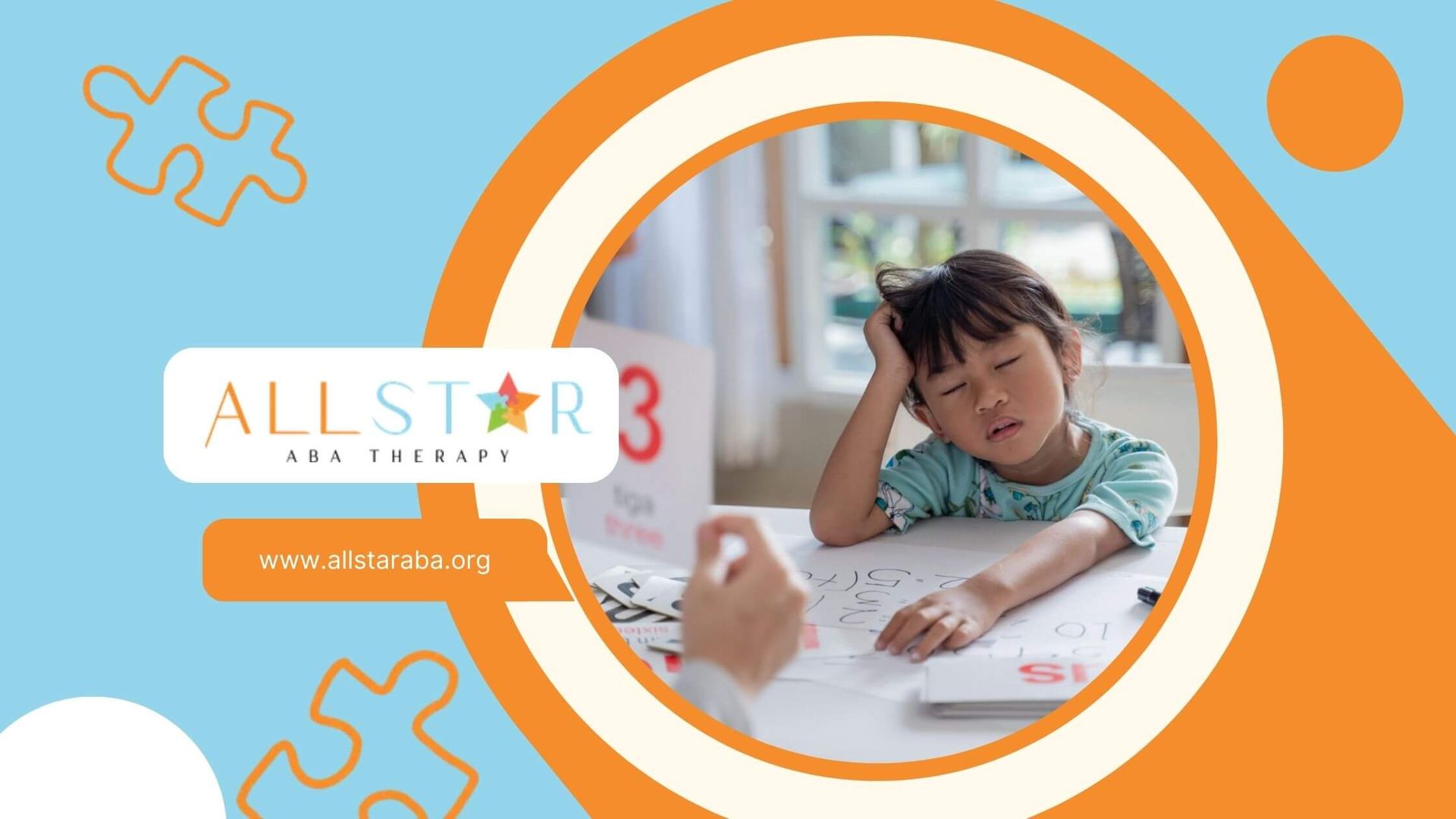New Paragraph
How to Cope with the Autism Grief Cycle: A Parent's Guide
The Autism Grief Cycle refers to the emotional journey parents and caregivers experience after a child is diagnosed with autism spectrum disorder (ASD).
It’s not just about the initial diagnosis but also the ongoing process of adjustment and understanding as they navigate the unique challenges of raising a child with autism.
The cycle often involves stages of grief, similar to those experienced with any life-altering event, but can be more complex due to the long-term nature of autism.
Understanding the Stages of Grief in Autism
Just like traditional grief, the Autism Grief Cycle includes stages like denial, anger, bargaining, depression, and acceptance. However, this process is not linear and may happen in varying orders.
Many parents initially experience denial, struggling to accept the diagnosis. Anger often follows, with feelings of frustration about unmet expectations for their child’s development. Later stages, such as bargaining and depression, reflect the emotional toll as parents adjust their hopes and dreams.
According to Dr. Tony Attwood, a renowned psychologist specializing in autism, “Parents often find themselves caught between the desire for their child to have a typical life and the need to understand their unique world.”
It’s important to note that these emotional responses aren’t "negative" but rather natural reactions to the challenges of raising a child with ASD.
Moving Through the Grief Cycle with Autism Support
Over time, many parents find acceptance, though it doesn’t mean the journey is over. With proper support and resources, such as ABA therapy, families can create a fulfilling life for their child with autism.
For those in Maryland and Virginia, All Star ABA offers professional autism services to guide families through this process, providing a compassionate approach tailored to your child's needs.
Need Support?
We're Here to Help!
Our experienced team is ready to assist you. Reach out today to discuss how we can support your child's development and well-being.
Get started with expert ABA therapy today.








